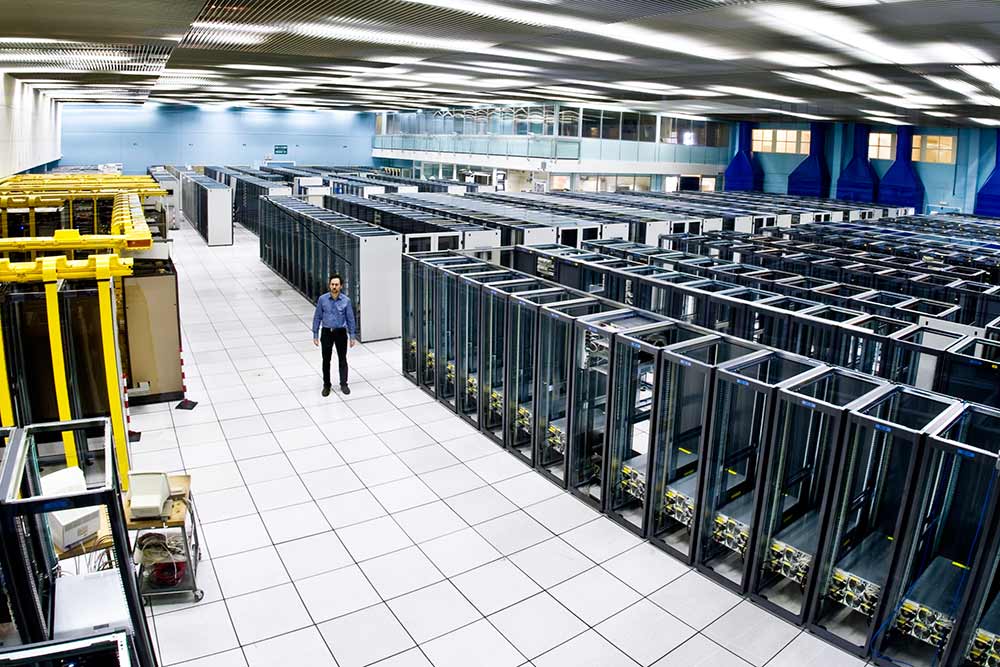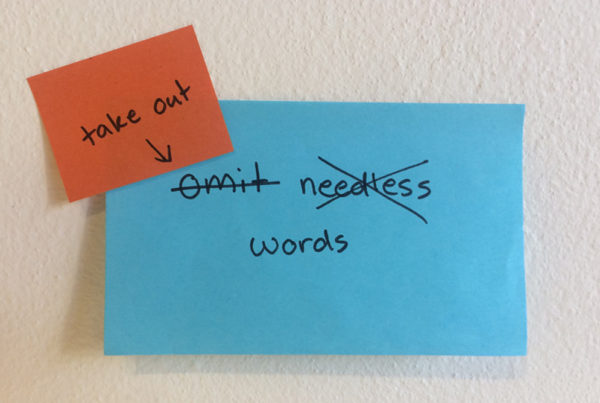
Image: Ars Electronica.
As governments across Australia have been encouraged to make everything “digital by default”, the Queensland government has now taken the initiative to digitise its archive of public records.
The Sunshine State will move ahead with this ambitious goal by beginning a global search for a provider to build Queensland’s first digital archive.
The government has called for expressions of interest at a worldwide scale, which Queensland Minister for Science and Innovation Leeanne Enoch said is a significant step towards government providing an “innovative, flexible and sustainable” solution to preserving and providing public access to digitally generated government records.
The digitisation of public records is a trend that’s steadily moving ahead in Australia, as the National Archives of Australia (NAA) has ordered that all governments create new files and store them digitally “by default”.
It was a theme that was strongly pushed by the head of the NAA David Fricker at CeBIT Australia 2015 in Sydney, who said that through the Digital Continuity 2020 Policy, by that year, there will be policies in place which guarantee that “all data that is born digital stays digital” because paper is a lot harder to control and is less secure”.
Now state governments are making the move to keep their archives digital, with the Annastacia Palaszczuk government taking the bold step to ensure that government information is accessible for future generations.
Ms Enoch said every day the Queensland government creates an enormous amount of digital information, which has historically proven difficult to access.
“That is why we are calling on innovative companies to work with Queensland State Archives to supply the solutions we need to keep our records both safe and accessible,” Ms Enoch said.
She said the digital archive will enable easy access to government records and support long-term management of our rapidly growing volume of digital public records.
And the rate of data that’s being plugged into the system is growing alarmingly, as Acting State Archivist Adrian Cunningham said the state government currently held around 40 petabytes of data
Mr Cunningham said some of this data needs to be kept for up to 100 years, but the figure of the amount of data has been doubling every 15 months.
“Printing just one petabyte would use enough paper to stretch from Brisbane to Emerald, while printing 40 petabytes of data would stretch approximately from Brisbane to London and back,” Mr Cunningham said.
He said the digital archive will be designed for an online, mobile and digitally enabled Queensland, and ensure that today’s government records will be available for the use of future generations.
Interestingly, the government has stated that when the State Archives invites expressions of interest from companies to build a world-class Digital Archive, it will be using “an interactive procurement process”.
The state government hasn’t forgotten that there are bugs that will have to be ironed out when making everything natively digital, such as the frightening notion that because of recurring changes in computer software standards over the decades, digital data is at risk of vanishing entirely, which is what Mr Fricker warned in 2012.
Ms Enoch said while the digital archive will be easy to use, the solution behind it will be more complex than simply building a massive data centre.
“The first computer was delivered to the Queensland Government in 1965, and since then manufacturers have come and gone. Systems, programs and file types used only five or ten years ago are no longer used today.
“We want to hear from local and international companies that can provide long-term solutions to both preserving Queensland records and making them accessible.”
The NAA has a solution to that already with its International Standard ISO 16175, which has been designed to ensure that digital files created today can be accessed and read by computer technology far into the future – and governments across Australia have been encouraged to comply with this standard.





